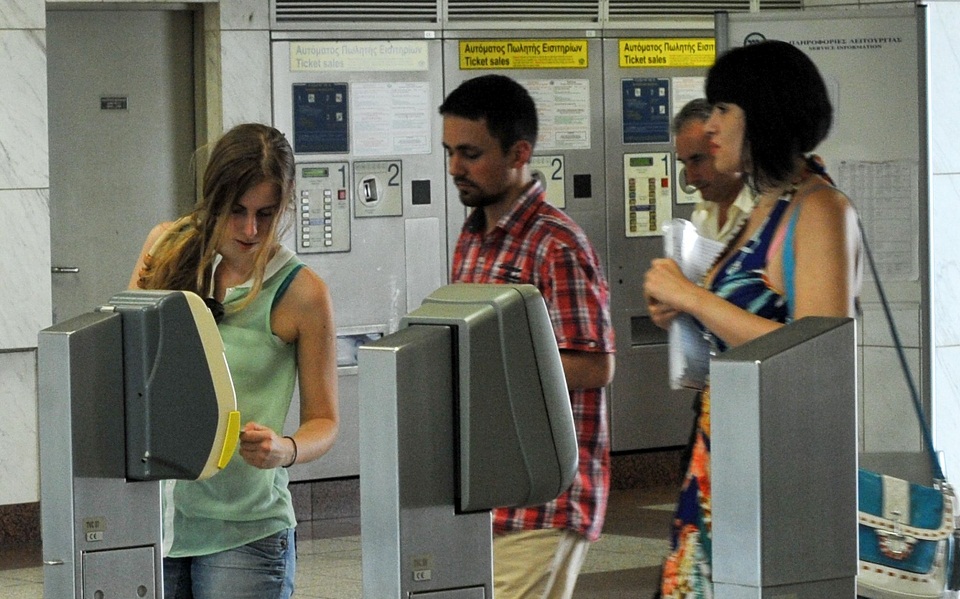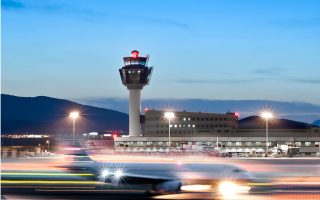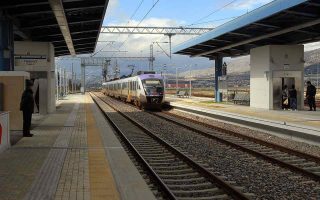Athens metro’s inspector shortage

Are free-riders dealing a blow to public transport? They are, says the administration of metro operator STASY.
In the company’s financial statements, it mentions high levels of passengers who fail to buy tickets, which negatively affect its turnover. Three weeks ago at the 6th Infrastructure and Transport Conference, Athanasios Kottaras, CEO of STASY, stated that “tackling ticket evasion is high on our list of priorities.” However, according to the data of the company itself, 842,606 checks in January-August 2022 confirmed violations in 32,016 cases, a rate that is only 3.8%.
In first eight months of this year, 2,134,837 checks were carried out, with confirmed violations reaching 43,882, a percentage that amounts to approximately 2%. These rates do not indicate any dramatic economic losses. They just show that controls are minimal.
According to STASY data, in January-August 2023 average daily passenger traffic increased by 20% compared to last year and reached 613,000 – i.e. in total during that period some 147 million passengers used the tram and metro. Of those, only 1.45% were checked.
The “long-suffering” body of STASY commission inspectors has been in a reconstruction phase lately. According to STASY, from 45 employees in August 2022, inspectors currently number 123, with another 33 to be added soon.
Konstantinos Kepaptsoglou, associate professor of transport planning at the National Technical University of Athens (NTUA), estimates that “in the last decade the culture of ‘I won’t pay’ has been cultivated. I’m afraid that this culture is here to stay,” he tells Kathimerini.
An NTUA survey showed one in two Athens metro users said they often noticed someone trying to board without a ticket, while the majority (63%) admitted they have helped someone avoid paying for a ticket at least once. Half of those questioned said they have never boarded without a ticket, 21% said that they rarely use it without a ticket, while 15% admitted they usually do not pay for a ticket.
The reasons for that? Most passengers said that they enter the metro without a ticket because their journey is short (54%), while almost four in 10 said the chances of running into an inspector are negligible.





